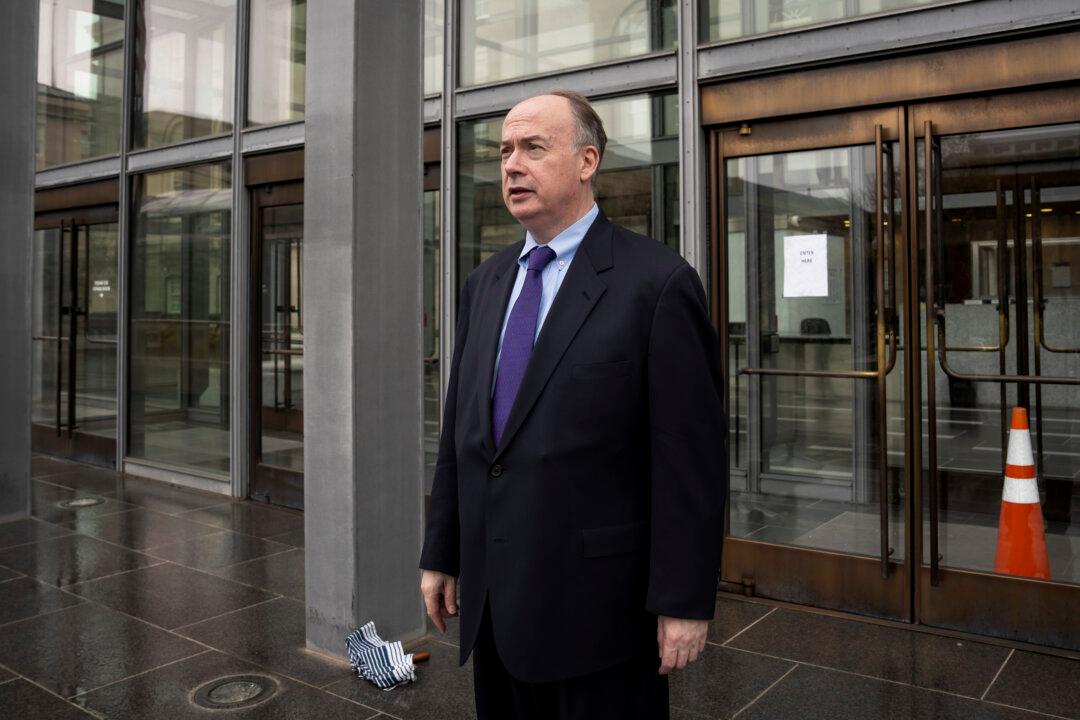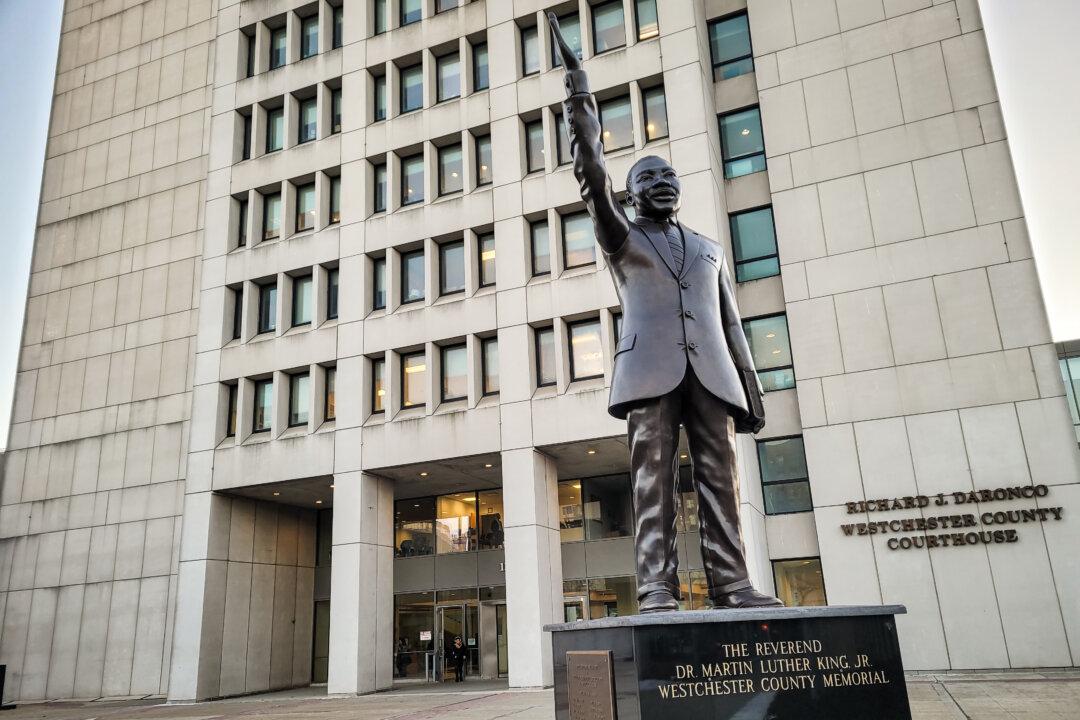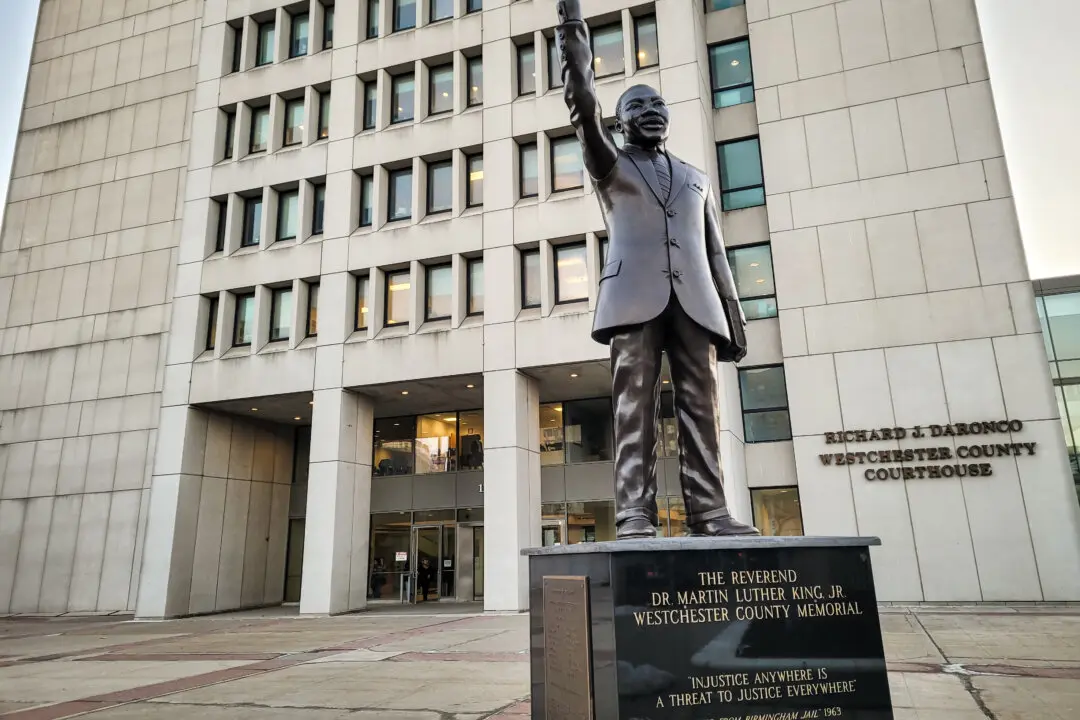WASHINGTON—A disciplinary panel on April 4 found that former Department of Justice (DOJ) official Jeff Clark violated bar rules in his actions to contest the 2020 election results.
After six days of testimony, the three-member panel found that Mr. Clark had violated at least one of the disciplinary rules he was charged with. The decision, the panel emphasized, was made on a preliminary and “non-binding basis.”





